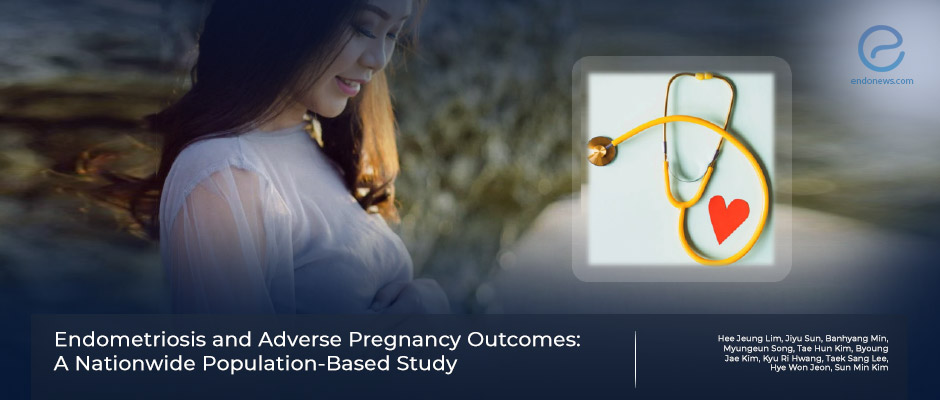Women With Endometriosis at a Higher Risk of Pregnancy Complications
Oct 3, 2023
Endometriosis seems to increase the risk of adverse pregnancy outcomes
Key Points
Highlights:
- Women with endometriosis have a significantly higher risk of adverse pregnancy outcomes
Importance:
- This finding suggests that it is important to closely monitor pregnant women with endometriosis.
What’s done here:
- Researchers analyzed one million pregnant women in the Korean Health Insurance Review and Assessment Service database to assess the possible link between endometriosis and adverse pregnancy outcomes
Key results:
- Women with endometriosis had significantly more adverse pregnancy outcomes including preterm labor, preterm birth, preeclampsia, fetal growth restriction, placenta previa, placental abruption, bleeding during and after birth, and stillbirth.
- Women with endometriosis had a higher risk of bleeding after labor, blood transfusion, uterine artery embolization, and Cesarean hysterectomy.
- The Cesarean delivery rate was significantly higher among women with endometriosis.
Limitations:
- There was no information about how endometriosis was diagnosed and how long ago. There was also no information about the severity of the disease
- There was no information regarding the women’s body mass index which may be important for pregnancy outcomes.
- All women in the database were of Korean descent and the findings may not apply to other ethnic groups.
Lay Summary
Apart from having difficulties conceiving, women with endometriosis also seem to have a significantly higher risk of adverse pregnancy outcomes. This is according to a new population-based study published in the Journal of Clinical Medicine.
It is already known that endometriosis is highly associated with infertility. It may also likely affect the outcome of pregnancy.
In order to assess whether endometriosis is associated with adverse pregnancy outcomes, a team of researchers led by Dr. Sun Min Kim from the Department of Obstetrics and Gynecology, at Seoul National University College of Medicine and the Department of Obstetrics and Gynecology at Seoul Metropolitan Government Seoul National University Boramae Medical Center in Seoul, Republic of Korea, analyzed a total of 1,251,597 pregnant women from the Korean Health Insurance Review and Assessment Service database. The article appeared in a recent issue of the Journal of Clinical Medicine.
All women had a singleton pregnancy between January 2014 and October 2019. Of them, 32,951 (2.6%) had endometriosis.
The study found that women with endometriosis had significantly more adverse pregnancy outcomes compared to women without the disease. These included preterm labor, preterm birth, preeclampsia, fetal growth restriction, placenta previa, placental abruption, bleeding during and after birth, and stillbirth.
The researchers also found that women with endometriosis were at a higher risk of bleeding following labor and of having a blood transfusion, uterine artery embolization, and Cesarean hysterectomy.
Moreover, the Cesarean delivery rate was significantly higher among women with endometriosis than those without endometriosis.
“Women with endometriosis not only have difficulty conceiving but also have a significantly higher risk of adverse pregnancy outcomes,” the researchers concluded.
Research Source: https://pubmed.ncbi.nlm.nih.gov/37629431/
pregnancy outcomes infertility complications

